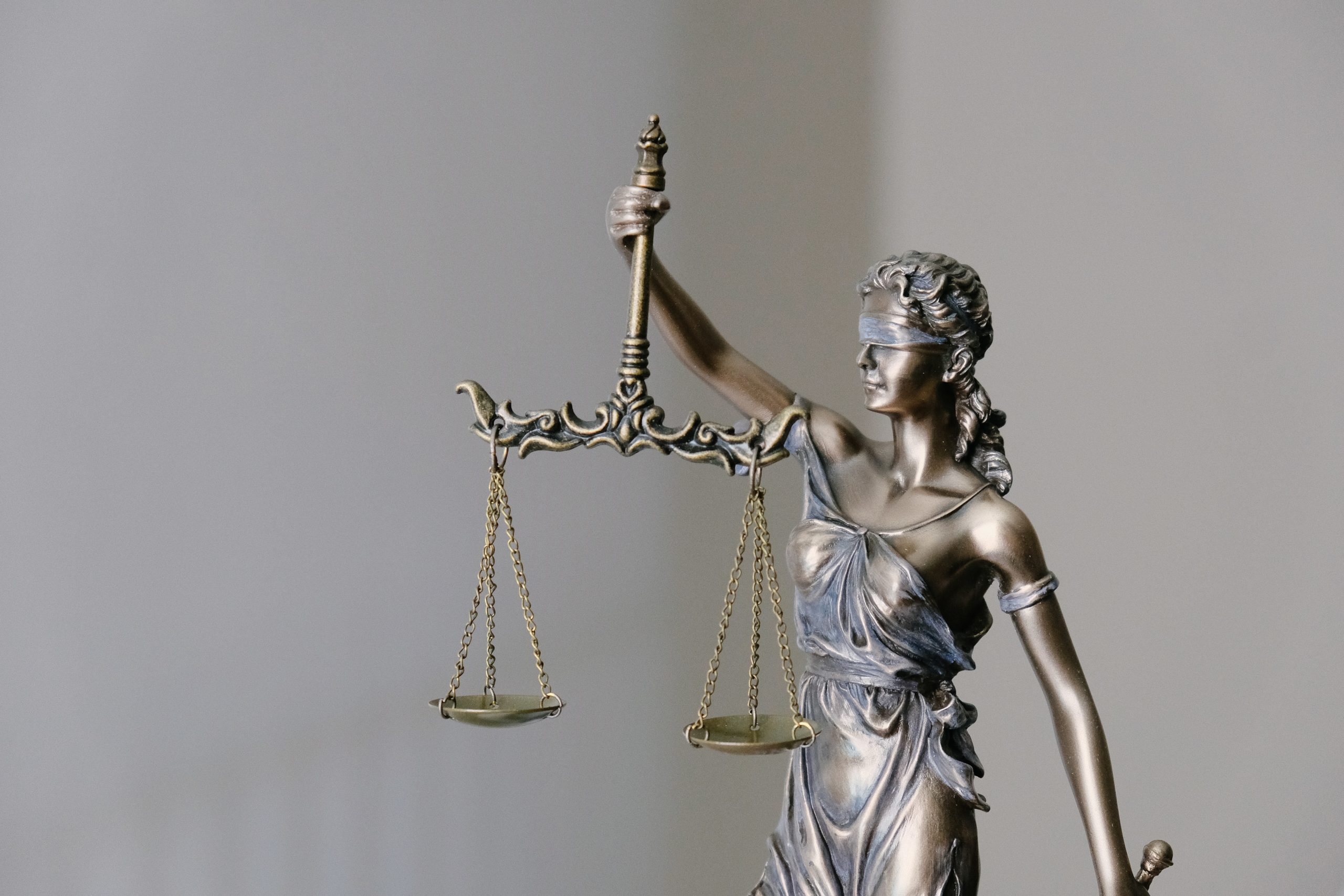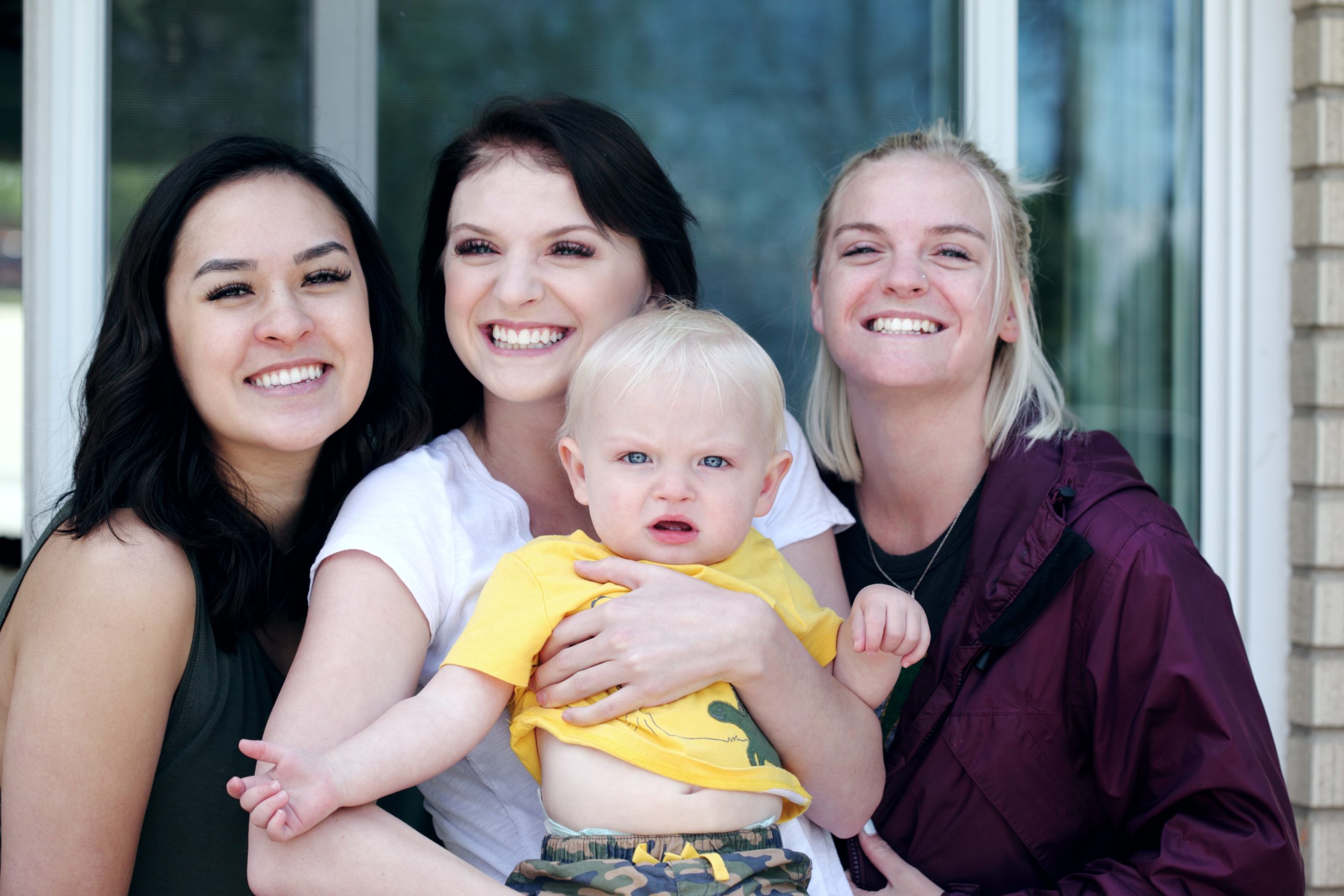3 Ways The Dutch State Is Becoming More Inclusive Posted by Sten on Feb 25, 2021 in Culture, Dutch Vocabulary
Let’s talk about inclusivity. Not only regarding genders, and I don’t mean the discussion on what’s de and what’s het, we’ve done that before. No, today I want to talk about how the 2017 regeerakkoord (coalition agreement) noted the intention of the Dutch government to reduce the identification of gender where possible and making the state more inclusive, by removing onnodige geslachtsregistratie (unnecessary gender registration), among other maatregelen (measures). What has this looked like so far?
1. More inclusive, genderneutraal paspoort and ID
One of the areas where the government intends to be genderneutraal (gender neutral) is with paspoorten (passports) and identiteitskaarten (ID cards). In a few years, likely in 2025, the Netherlands will no longer require a geslacht (sex) indication on these documents. Other European countries, such as Germany, already don’t require that information anymore.
Currently, it is possible for those that do not want to identify as either mannelijk (male) or vrouwelijk (female) to get an X in their identification documents, instead of the M or V. This happened for the first time in October 2018, when Leonne Zeegers became the first person to get an X in her passport. However, she had to fight for it in court. This is still the case, but it should change in a few years.
2. A more inclusive article 1 of the Grondwet
In that same regeerakkoord, a change of the grondwet (constitution) was envisioned. The current artikel 1 (article 1) of the grondwet reads as follows:
Allen die zich in Nederland bevinden, worden in gelijke gevallen gelijk behandeld. Discriminatie wegens godsdienst, levensovertuiging, politieke gezindheid, ras, geslacht of op welke grond dan ook, is niet toegestaan.
(All who are in the Netherlands are treated equally in equal cases. Discrimination on the grounds of religion, belief, political opinion, race, gender or on any other ground is not allowed.)
A wetsvoorstel (bill) was presented last year to change this into:
Allen die zich in Nederland bevinden, worden in gelijke gevallen gelijk behandeld. Discriminatie wegens godsdienst, levensovertuiging, politieke gezindheid, ras, geslacht, handicap, seksuele gerichtheid of op welke grond dan ook, is niet toegestaan.
(All who are in the Netherlands are treated equally in equal cases. Discrimination on the grounds of religion, belief, political opinion, race, gender, disability, sexual orientation or on any grounds whatsoever is not allowed.)
Including both handicap (disability) and seksuele gerichtheid (sexual orientation) makes the grondwet more inclusive, as no other law can be in conflict with it. This would ensure that those with a different seksuele gerichtheid or handicap are not discriminated. The first reading passed through both the congressional chambers (the Eerste Kamer and Tweede Kamer), and was submitted to the Tweede Kamer just this week for the second reading. If this passes again in both chambers, now requiring a two-thirds majority, the grondwet will be changed. A good majority is in favor of this change, so there’s a good chance that it will pass!
3. Allowing Meerouderschap
Right now, it is currently allowed for a child to have two ouders (parents). In practice, this usually is a vader (father) and a moeder (mother). But when a lesbian couple have a child with a gay couple, for example, they are all four parents, in practice. Currently, this does not work juridically. Such meerouderschap (multiple parenting) is on the table and may be allowed in the future.
Even though a regeling (regulation) for meerouderschap was discussed, it was not feasible in the past three years. A regeling on deelgezag (partial parental authority) might happen, but for now none of it has materialized. Perhaps this is something that influences the verkiezingen (elections) in March?

Build vocabulary, practice pronunciation, and more with Transparent Language Online. Available anytime, anywhere, on any device.





